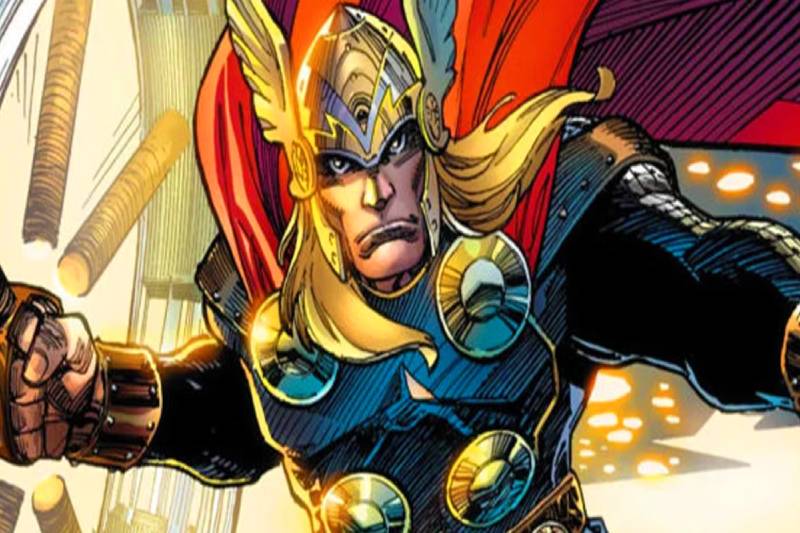While some may question his divinity, Thor remains one of the most formidable beings in the Marvel Universe. His strength and wit were put to the test when he faced off against another self-proclaimed deity, and this clash highlighted what sets the Odinson apart from other gods.
In “Avengers Best 6” by Jed MacKay, Ivan Fiorelli, and Federico Blee, the ongoing conflict between the Avengers and a new cosmic villain team, the Ashen Combine, continued. These villains each targeted different cities with the goal of dividing and conquering. Thor found himself in a battle against Idol Alabaster, a self-proclaimed god whose mere presence could draw power from the awe he inspired.
Thor was initially taken aback by the strength displayed by his opponent. However, he quickly realized a fundamental difference between himself and Idol Alabaster: his rival deity was reliant on the power of worship. This was something Thor had never relied upon and did not require, unlike other gods.
In speculative fiction, it’s a common trope that gods have parasitic relationships with their followers. The more followers a god has or the stronger the faith of those worshippers, the more powerful the god becomes. Conversely, a deity who loses followers loses power. However, this concept has never applied to the Asgardians in the Marvel Universe.
Although Loki once speculated that mortals created the gods rather than the other way around, this theory has never been definitively proven. Regardless, whether or not anyone believes in Thor as a god, he believes in himself. This self-belief proved to be the key difference when facing Idol Alabaster, who relied on followers for his power.
Beyond demonstrating that Thor doesn’t require worship, this battle also showcased his strategic prowess. While he is renowned for his physical strength, the Odinson possesses a keen strategic mind as well. This allowed him to turn Idol Alabaster’s greatest strength into a weakness and emerge victorious.
Disclaimer: The views, suggestions, and opinions expressed here are the sole responsibility of the experts. No Atlantic Brief journalist was involved in the writing and production of this article.


